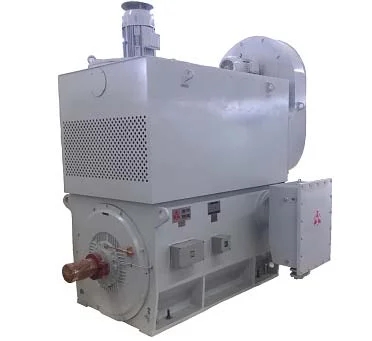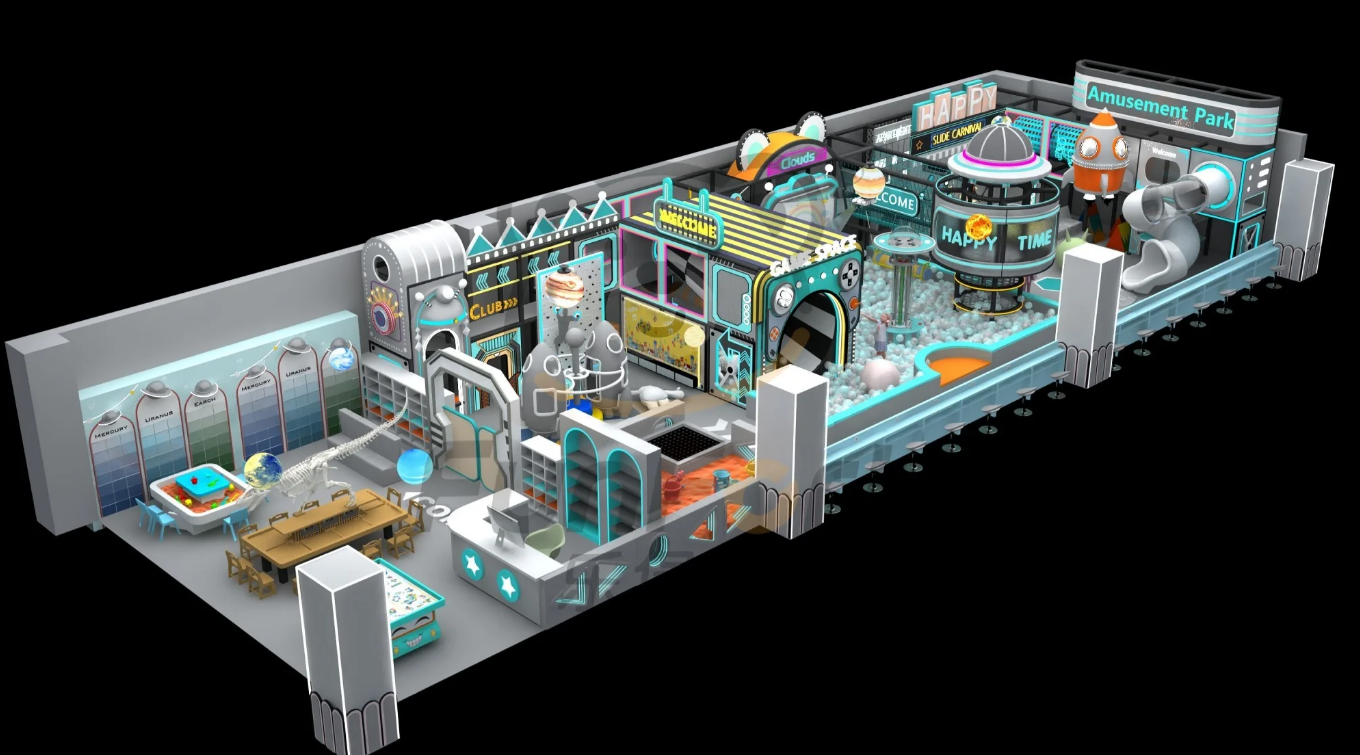In the realm of automotive engineering and fuel delivery systems, the mechanical injector plays a pivotal role in ensuring optimal engine performance and efficiency. While many may be familiar with the general concept of fuel injection, understanding the intricate functions and mechanisms of mechanical injectors reveals their significance in modern vehicles. This article delves into the multifaceted functions of mechanical injectors, their operational principles, and their impact on engine performance.
Understanding Mechanical Injectors
Mechanical injectors are devices designed to deliver fuel into the combustion chamber of an internal combustion engine. Unlike electronic fuel injectors, which rely on electronic signals to control fuel delivery, mechanical injectors operate based on mechanical principles, often utilizing a combination of pressure and mechanical actuation. This fundamental difference in operation makes mechanical injectors particularly relevant in certain applications, such as older diesel engines and specific performance-oriented setups.
Key Functions of Mechanical Injectors
- Fuel Atomization: One of the primary functions of a mechanical injector is to atomize the fuel before it enters the combustion chamber. Proper atomization is crucial for efficient combustion, as it ensures that the fuel mixes thoroughly with air. Mechanical injectors achieve this through finely engineered nozzle designs that create a spray pattern conducive to optimal mixing.
- Precise Fuel Delivery: Mechanical injectors are designed to deliver a specific amount of fuel at precise intervals. This is achieved through the injector's nozzle size and the pressure at which fuel is injected. The injector's ability to maintain consistent fuel delivery is essential for achieving the desired air-fuel ratio, which directly influences engine performance, emissions, and fuel economy.
- Pressure Regulation: Mechanical injectors often incorporate pressure-regulating mechanisms to ensure that fuel is delivered at the correct pressure. This is vital for maintaining performance across varying engine loads and speeds. By regulating fuel pressure, mechanical injectors help prevent issues such as fuel starvation or flooding, which can lead to poor engine performance or damage.
- Durability and Reliability: Mechanical injectors are typically designed for longevity and reliability, especially in demanding environments like diesel engines. Their robust construction allows them to withstand high pressures and temperatures, making them less susceptible to failure compared to their electronic counterparts. This durability is particularly advantageous in heavy-duty applications where maintenance intervals may be extended.
- Simplicity of Design: The mechanical design of these injectors often results in fewer components than electronic systems, which can simplify maintenance and reduce the likelihood of failure. This simplicity can be a significant advantage in applications where reliability is paramount, such as agricultural machinery and industrial engines.
The Impact of Mechanical Injectors on Engine Performance
The performance of an engine is intricately linked to the efficiency of its fuel delivery system. Mechanical injectors contribute to several key performance metrics:
- Fuel Efficiency: By ensuring precise fuel delivery and optimal atomization, mechanical injectors help improve fuel efficiency. This is particularly important in applications where fuel costs are a significant concern.
- Emissions Control: Properly functioning mechanical injectors can help reduce harmful emissions by promoting complete combustion. This is increasingly important as regulatory standards for emissions become more stringent.
- Power Output: The ability to deliver the right amount of fuel at the right time directly affects an engine's power output. Mechanical injectors that perform optimally can enhance engine responsiveness and overall power delivery.
Conclusion
In summary, mechanical injectors serve as a critical component in the fuel delivery systems of various internal combustion engines. Their functions extend beyond mere fuel delivery; they play a vital role in atomization, pressure regulation, and overall engine performance. As automotive technology continues to evolve, understanding the significance of mechanical injectors remains essential for engineers, mechanics, and enthusiasts alike. By appreciating the intricate workings of these devices, one can better understand their impact on engine efficiency, emissions, and performance, ensuring that vehicles operate at their best in an increasingly competitive landscape.





